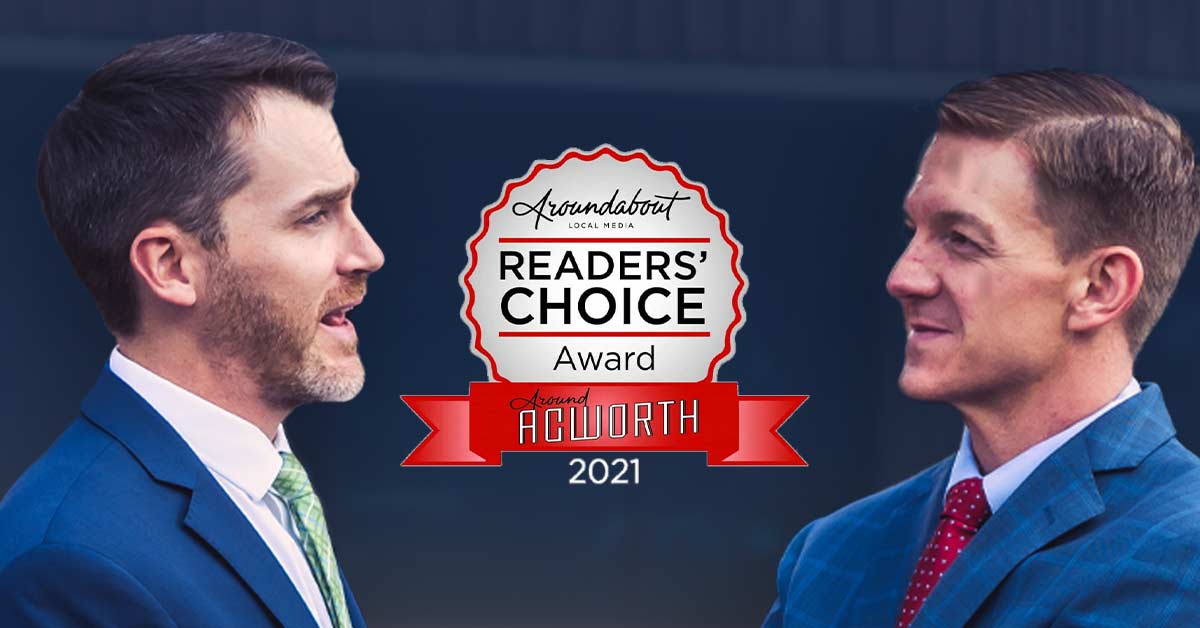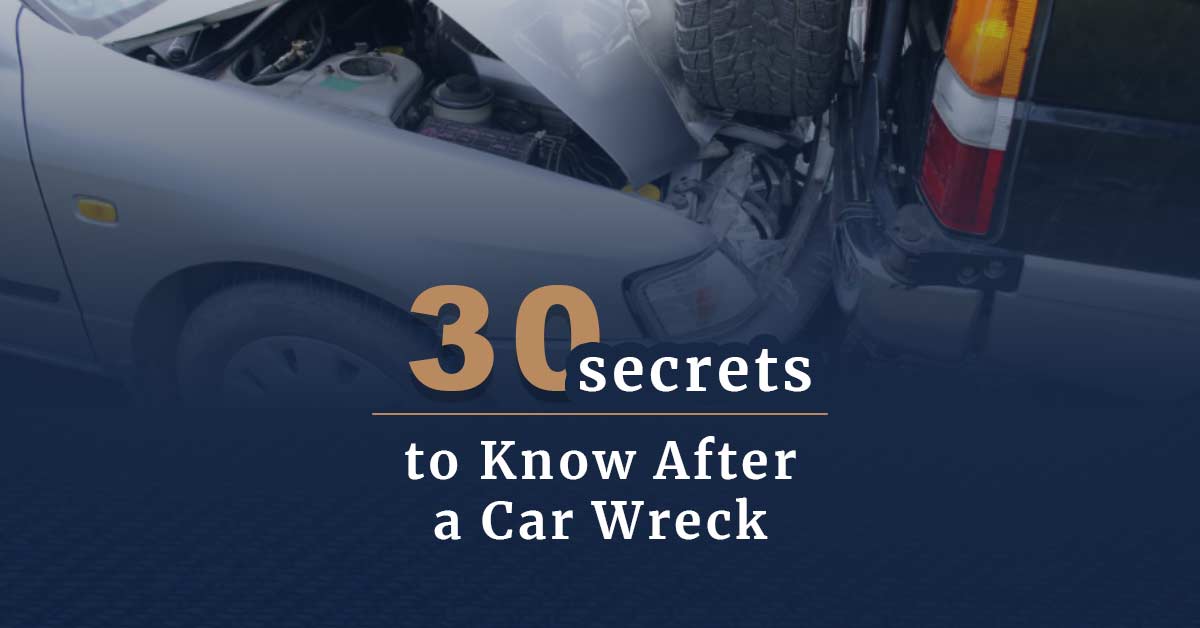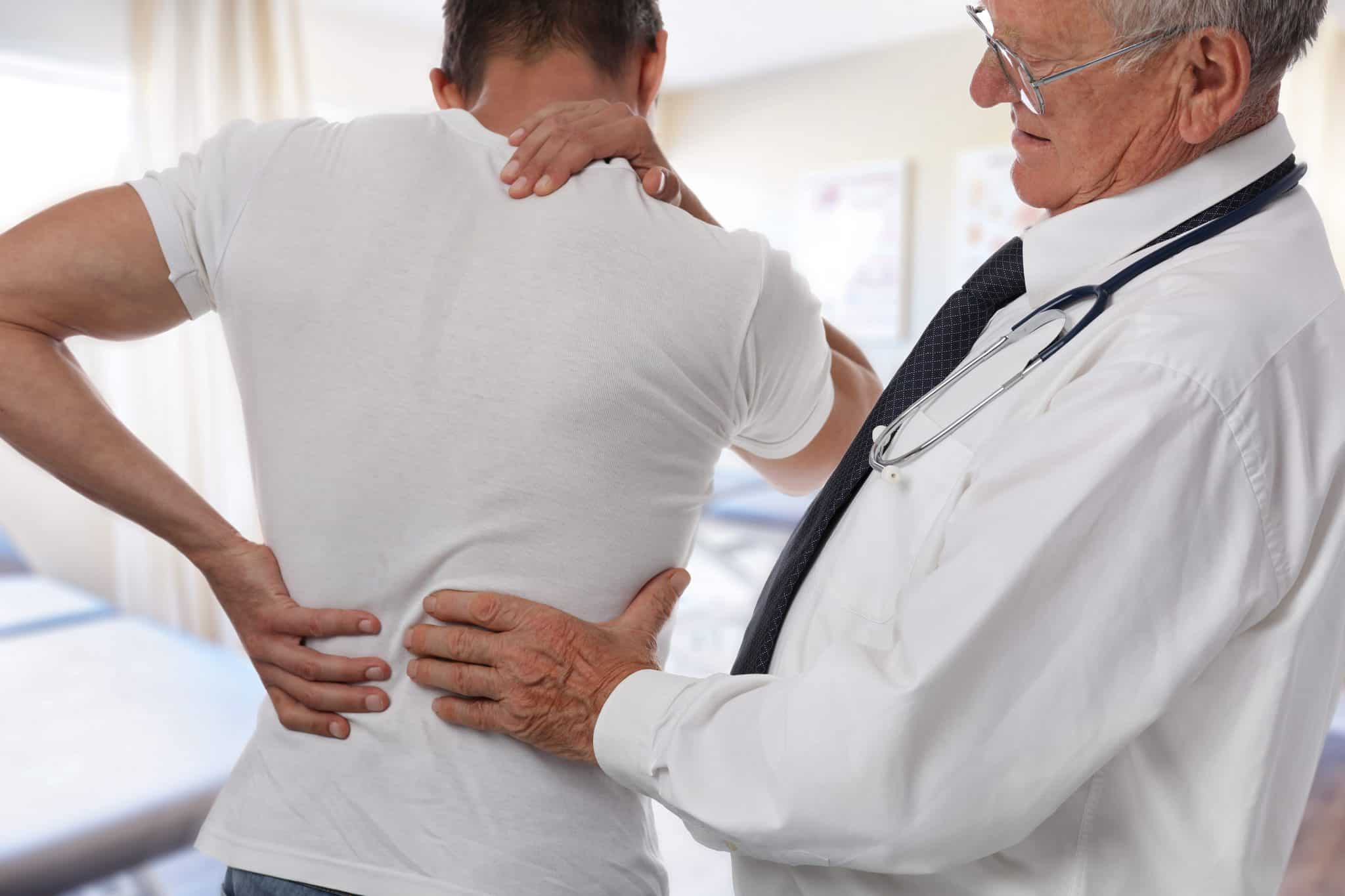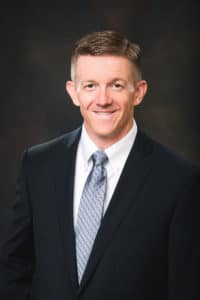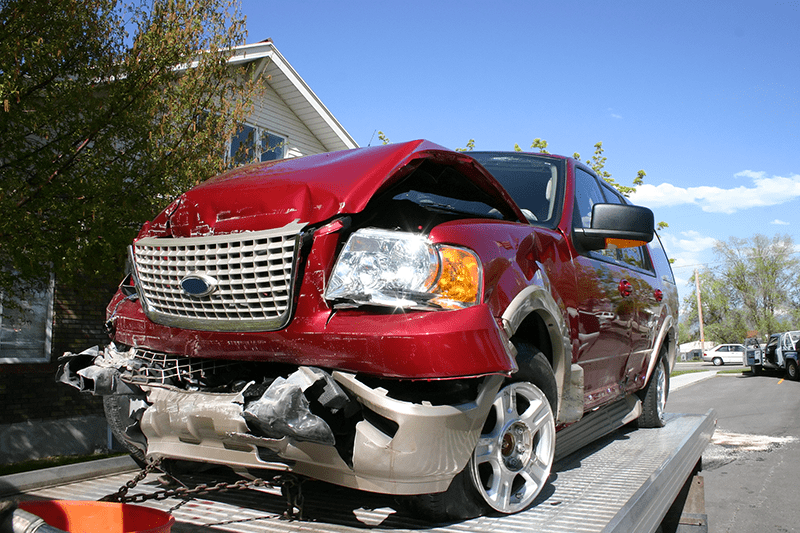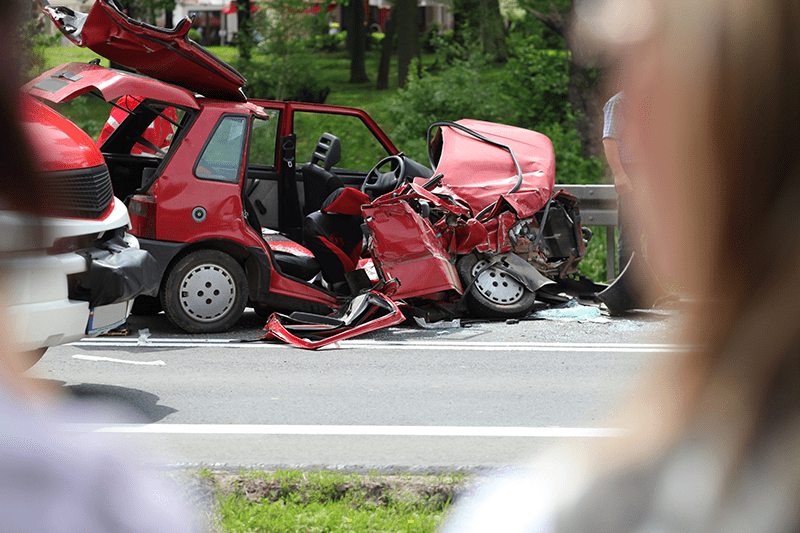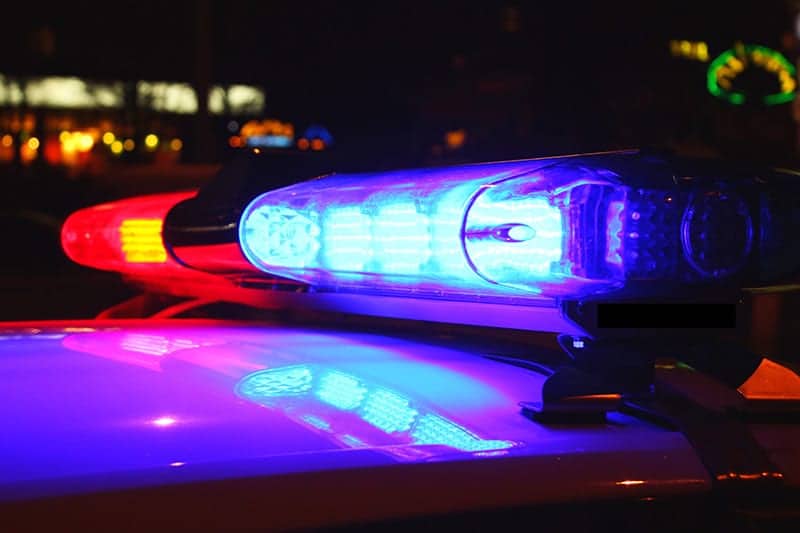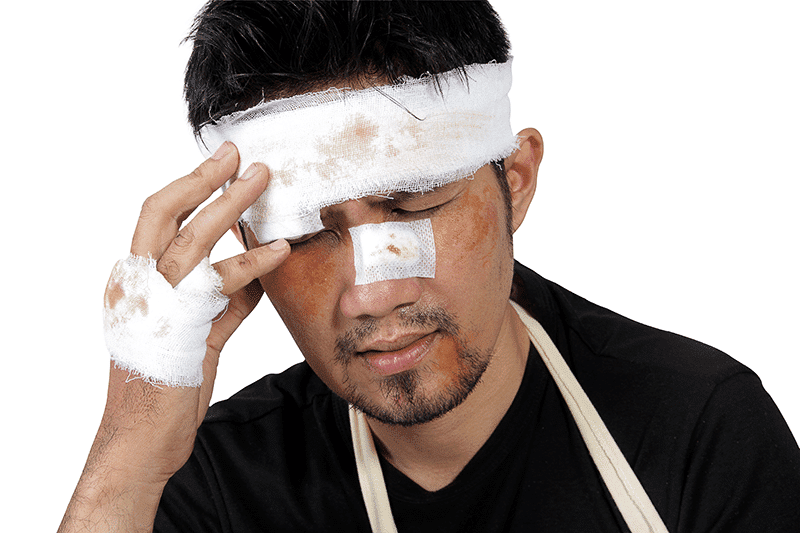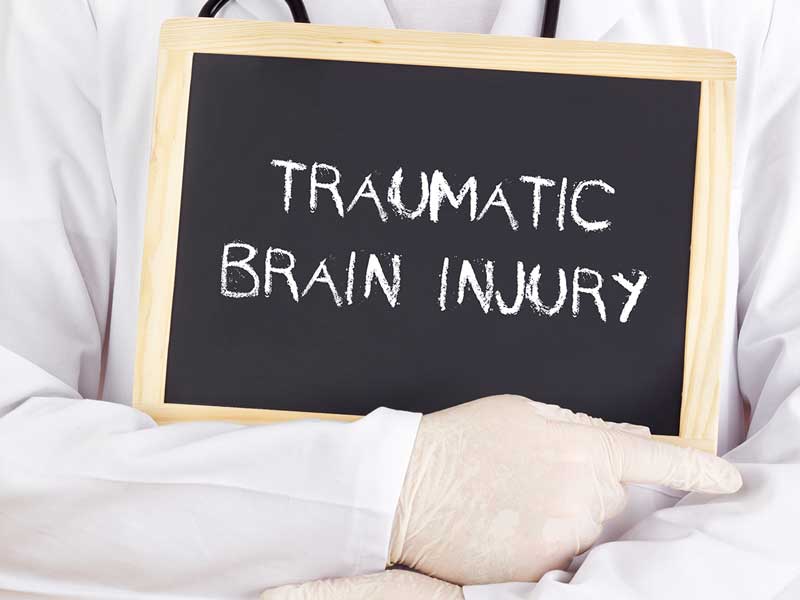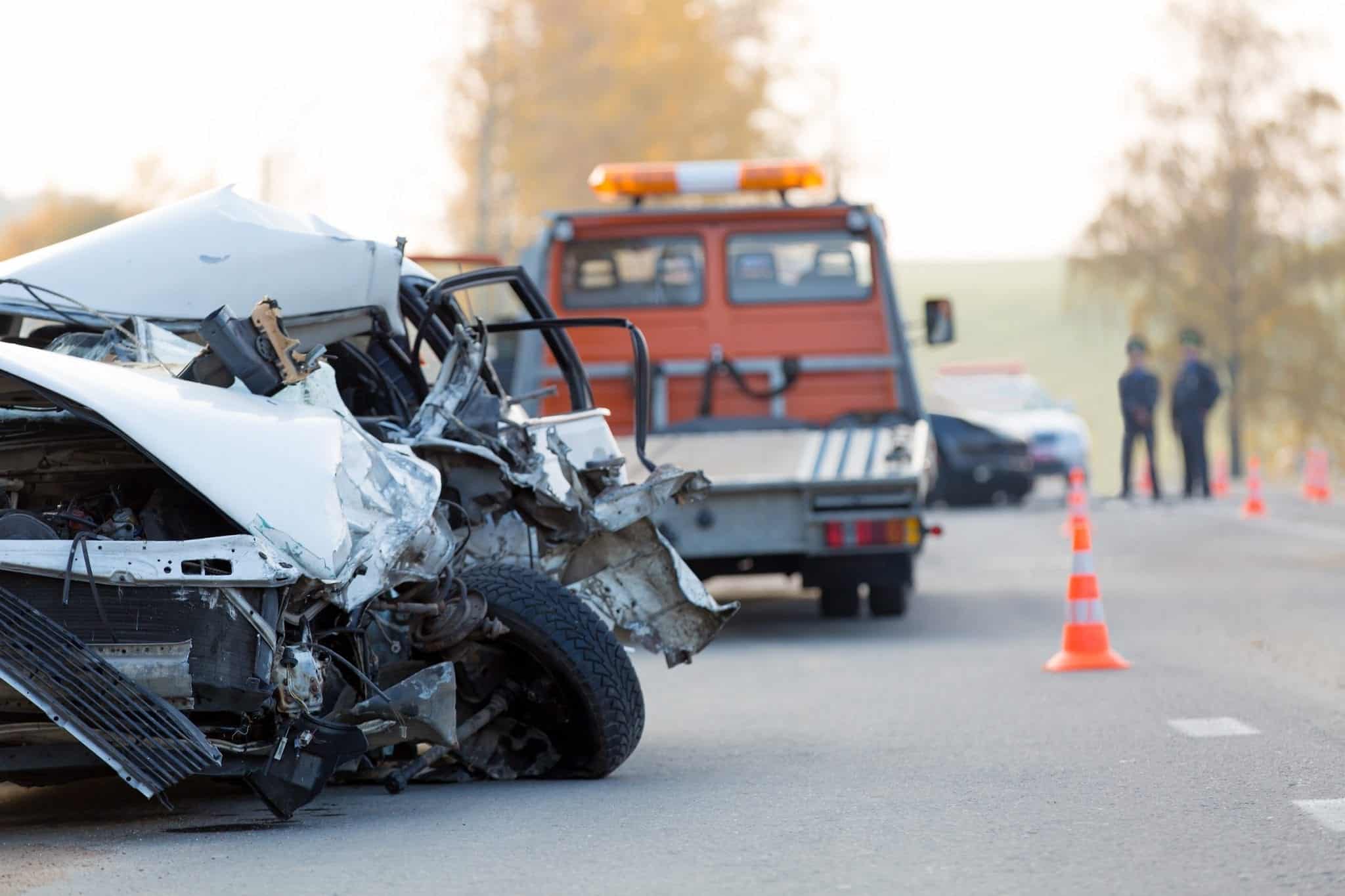The time following a car wreck can be scary and confusing. Unfortunately, insurance companies and their lawyers often take advantage of victims during this time of pain and suffering. A bit of insider knowledge can go a long way, which is why our team has gathered 30 secrets you should know after a car wreck that will help you maximize your recovery and ensure you are treated fairly throughout the entire process of filing your case.
Do NOT Accept Premature Offers from Insurance Companies
Soon after a car wreck, insurance companies may contact you and agree to pay your medical bills up to a certain amount. They may even add additional compensation for “pain and suffering.” In most cases, we advise you to never accept this amount. Oftentimes, this offer is made too early and before you truly know the extent of your injuries. Do not sign anything or take any settlement offers until you have contacted an experienced attorney and understand the full amount of your bills.
Be Careful What You Say at the Scene and to your Medical Providers
At the scene of the accident, it is important to be careful with what you say and how you say it. Your words can be used against you at trial as an admission of fault by you. While at the scene, carefully listen to what the other parties involved say and make note, especially if the other parties involved admit fault to you or the police officers.
Additionally, when speaking with your medical providers and the emergency personnel on the scene, be mindful about what you say. If you are hurt, tell them! It is important to be honest with your medical providers and make it very clear about your injuries, so they take note of it in your medical records. These medical records are important and will be admissible at trial.
Insurance Companies Hire Investigators to Follow You After an Accident
Whether it’s to the gym or a walk in the park, even the most innocent actions can be used against you. Investigators are hired to take photos and videos of you as evidence for the insurance companies. They will also search your social media accounts, so be careful about what you post about online as well.
Take Photos and Videos After Your Car Wreck
Almost everyone has a cell phone on them at the time of an accident. Use your phone as a tool and make sure to take plenty of photos and videos of the damage to the vehicles, the roadway scene and your injuries. Additionally, take videos that include audio to record conversations. Audio and video recordings can help you win your case, especially if anyone says something that would be incriminating or shows that they are at fault.
Gather Witness Contact Information
If you are physically able at the time of the accident, gather any contact information from witnesses that observed the accident or stopped to help. At the very least collect their names and phone numbers. Independent witness statements and testimonies can make or break your case. Make sure you share this information with your attorney. These witnesses can help dispute any excuses made by the at fault party and help you win your case.
Insurance Companies Will Not Pay You If You Do Not Properly Document Your Bodily Injuries
It is important to know how to properly document your injuries after an accident. Make sure to take pictures of any bruising, broken bones or anything out of place. If you are injured, go to the emergency room or an urgent care right away. After your initial medical treatment, follow up with your primary care physician or any specialists that are specific to your injury. Seeking medical treatment is important for your health and so your medical providers can accurately document the nature and extent of your injuries in the medical record.
If You Do Not Notify Your Car Insurance Company After a Car Wreck, They Will Deny Coverage
This is extremely important, especially if you were the at fault driver. Additionally, if you were hit by an uninsured/underinsured driver, the insurance company must be notified within a certain number of days to get the coverage according to your automobile policy. However, it is critical that you contact your attorney before contacting your insurance company. While you may have a few days to find an attorney, you need to reach out as soon as possible to guarantee the insurance company will agree to pay your claim.
You Don’t Need to Overpay for Legal Representation
Most car accident attorneys work under a contingency fee basis and get paid a percentage of the gross recovery for you. Do not be tricked into paying 45-50% for a simple car wreck case! A good attorney will handle your lawsuit for a third of the gross recovery, if it settles without filing a lawsuit. If a lawsuit is filed, it may cost you more due to the increase in work and time involved. But, make sure to do your research before hiring an attorney: call around, ask around and find the best attorney for you.
Use Health Insurance to Pay Your Medical Bills After a Wreck
In the state of Georgia, there is the “Collateral Source Rule” meaning the at-fault driver is not allowed to benefit from your foresight in obtaining medical coverage. Of course, not everyone has health insurance, but if you contact your attorney, they will be able to put you in contact with a medical provider who may treat you on a lien.
You Do Not Have to Give a Recorded Statement to the At-Fault Driver’s Insurance Company
While you may need to give a recorded statement to your insurance company under your insurance contract, you are not required to give a recorded statement to the at-fault driver’s insurer. These adjustors may call you and ask what happened and try to record the conversation. You do not have be polite and agree to speak with them without hiring an attorney first. They will likely ask questions designed to hurt your case and their job is pay you as little money as possible, so be wary of answering any of their questions.
Online Directories Rank Lawyers Based on How Much Money the Lawyer Pays the Directory
While online directories can be useful, it is important to do your own research. Usually, the lawyers paying the most money to be added to the directory are ranked the highest on the lists. It is better to browse through the lawyers’ websites, take advantage of their free consultations, and interview 2-3 law firms to make sure you find the right lawyer with the right experience for your case. Trust your gut and take the power into your own hands!
Your Claim is Worth Less with Inconsistent Medical Treatment
If you are not consistent with your medical treatment, you will devalue your case. Insurance companies will often offer you less compensation if you wait too long to go to the doctor or if you do not consistently attend all of your appointments. Insurance companies are searching for these gaps in your treatment in order to offer you less money. If your case goes to trial in Georgia, a judge will inform a jury that you have a duty to mitigate your damages. So, it is important to go to the doctor and seek the necessary treatment.
You Can Afford Medical Treatment Even If You Don’t Have Health Insurance
Many chiropractors, orthopedic doctors and neurologists are willing to treat you on a lien if you do not have access to health insurance. This means, in exchange for your agreement to pay them out of any settlement or recovery you get from the insurance companies, they will refrain from sending you any bills until you receive a recovery. It is important to go ahead and get the necessary medical treatment.
Paying a Citation is Evidence of Fault in a Civil Case
If you are issued a citation after a car wreck and you pay it, in the state of Georgia that action will be used against you as evidence in any underlying civil case. While you should always take responsibility for any personal wrongdoing, you need to be aware that paying a citation is considered a guilty plea. Oftentimes, you have options other than paying the citation – how you proceed can affect any underlying civil claims.
Social Media Can Kill Your Case
Facebook, Instagram, Twitter and even TikTok can influence the outcome of your case. Be careful what pictures you post and never post any information about your accident or your injuries. Even innocent things like a picture holding your small child or participating in a physical activity can be used against you and have an effect on your case. Additionally, make sure you are not tagged in any photos from friends or family members. However, if you have already posted something, please do not delete it. This could be considered destroying evidence.
Some Lawyers Charge Interest on Expenses They Advance in Your Case
As previously discussed, many attorneys are paid on a contingency fee basis. Attorneys advance expenses and costs that are necessary in order to maximize your ultimate recovery. Some law firms charge interest on these expenses.
As you search for the right lawyer for your case, ask ahead of time if you will be expected to pay interest on these advances. This could affect your net overall recovery and is important to understand ahead of time. At Williams Elleby Howard & Easter, we do not charge interest on these expenses for our clients. We simply charge dollar for dollar for the expenses we incur.
Medical Records Are Cheaper if You Order Them Yourself
While your lawyer and his/her paralegal can order your medical records on your behalf, it is often more expensive for you. The medical facilities will charge the law firm more than they will charge an individual. If you work with your law firm to order the medical records yourself, you will often save money in the long run.
You Have the Right to Fire a Bad Attorney
If you are dissatisfied with your lawyer’s service, call and sit down with your attorney and express your concerns. Oftentimes clients are able to work through issues and resolve any miscommunication or concerns. However, if you are still not satisfied with the efforts of your attorney, you have the right to fire them. Be aware: you may have to pay any expenses they have advanced on your behalf and additional fees.
Some Lawyers May Try to Settle Your Case Without Your Express Permission
This may sound unbelievable, but it is true! It is the lawyer’s job to use their experience and research to advise you on a reasonable settlement amount for your case. However, the decision to settle should be left up to you. When you are hiring a lawyer, make sure you are on the same page that you will make all final decisions about actual settlements and numbers for your case.
Go Over the Complaint or Lawsuit with Your Lawyer Prior to Filing
It is important to understand the content of your complaint because you may be cross examined about the allegations in your lawsuit later at a deposition or trial. In complaints there may be a lot of legal jargon and allegations, but they also include basic facts that you need to be familiar with. Your lawyer should assist you with understanding and verifying the information included in the complaint prior to filing.
How You Respond to Interrogatory Questions Can Make or Break Your Case
Interrogatories are formal written questions that you must answer in writing under oath as part of the general discovery process. It is important to work with your lawyers to make sure your answers are true and accurate because you can be questioned about them later. If your testimony is inconsistent with your answers to interrogatory questions, your case may suffer. These questions may discuss anything from preexisting conditions to how the wreck happened, so make sure you take the time to answer these questions accurately.
Calling the Court to Complain is a Bad Idea
While you may disagree with the ruling in your case, it is best to call your attorney and let them properly handle addressing any issues while following the appropriate rules and procedures. Your attorney should be intimately familiar with these rules, so let him or her handle the situation.
If You Lie, You Will Get Caught
Many people are tempted to be dishonest about the details of their accident. Whether they lie about texting while driving or withhold information about preexisting conditions, the truth always comes out. Don’t let yourself be embarrassed when you are cross examined. Choose to be honest and your case will ultimately be better for it.
Extensive Deposition Preparation with Your Lawyer is Vital to Winning Your Case
A deposition is an out of court testimony where lawyers and a court reporter is present for you to answer a series of questions under oath. Unlike a trial, there are no jury members or a judge present. Preparing for you deposition with your lawyer is one of the most important things you can do to help win you case. Depositions allow other lawyers to ask you a wider variety of questions than what they are allowed to ask while you are on the witness stand at trial. It is important to sit down with your lawyer beforehand to discuss potential questions to make sure you are prepared.
You Can Attend All Depositions that Occur in Your Case
We believe it is important for clients to consider attending all the depositions in their case. It will help you understand the full picture and hear what others are saying about the facts and critical issues in your case. Additionally, it is our opinion that if your lawyer knows you will be watching and listening during depositions, they will be even more motivated to prepare and perform at their best.
You Have All the Power at Mediation
Mediation is a formal settlement conference where a neutral third party (mediator) helps the two parties try and reach a formal settlement agreement. During these meetings, don’t forget that you have all the power! You have the ability to accept or reject any settlement offer that is made. While decisions should always be informed by the advice and guidance of your attorney, ultimately it is your decision to settle your case.
A Defective Product, Not the At Fault Driver, May Be the Cause of Your Injuries
While the at-fault driver may have caused the wreck, your injuries may have been caused by a defective part or product within the vehicle itself. Sometimes seatbelts, airbags and tires fail because of negligence during the design or manufacturing process. If you are in a wreck and the injuries seem much worse than they should be, contact a products liability attorney, like Williams Elleby Howard & Easter, to find out if a defective product caused your injuries.
You Have to File the Lawsuit Where the Defendant Resides
To have proper venue, you must file your lawsuit in the county where the at-fault driver resides. If you and the at-fault driver live in different states and your case is worth more than $75,000, your case will end up in federal court because that is where jurisdiction is proper. This is important to understand before filing your car accident case.
Your Medical Providers are the Most Important Witnesses to Prove Your Damages
If you have to go to trial, your doctors, nurses and therapists will be the ones to prove your injuries with the most credibility. While you can testify about your own injuries, these medical professionals carry more credibility because they do not have a stake in the litigation. This gives you even more reason to follow your doctor’s orders and to be kind to them during your treatment because you will likely need them later at trial.
You Won’t Pay Taxes on Most Personal Injury Recoveries
As of April 2021, you do not have to pay taxes on money that you receive for personal physical injuries, medical bills or pain and suffering. While there are certain types of damages you may have to pay taxes on (i.e. interest, punitive damages, lost wages, etc.), your lawyer should structure your case so you do not have to pay taxes for bodily injuries.
We hope these secrets help you proceed with confidence after an accident. Do not let yourself become a victim of insurance companies after a car wreck. If you or a loved one has been injured in a car accident in Georgia, contact Williams Elleby Howard & Easter at 833-LEGALGA to set up a free consultation with one of our experienced car accident attorneys. We are committed to fighting for our clients and protecting them from the manipulation of insurance companies after an injury.
